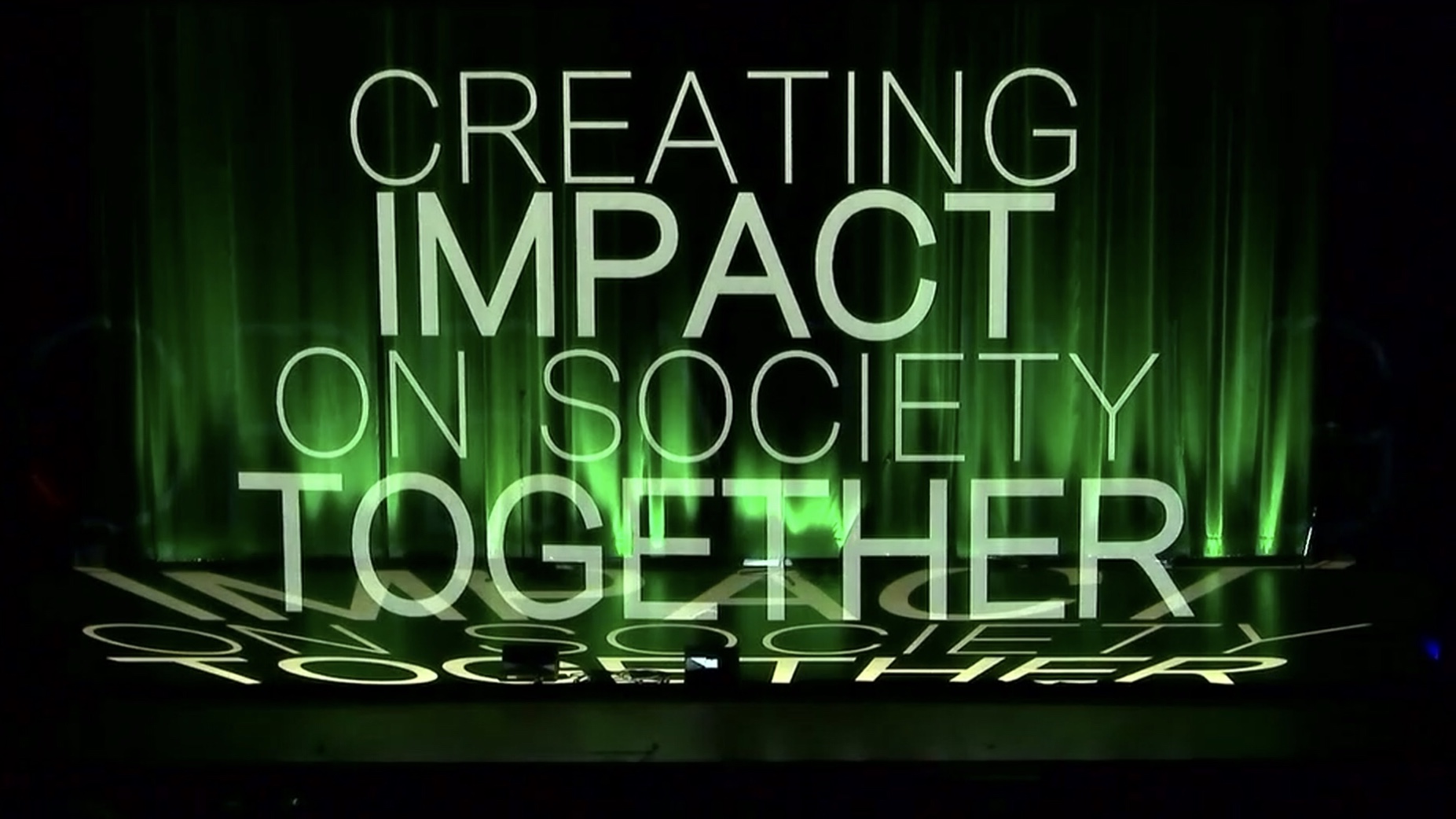
At its 178th Dies Natalis celebration, the Delft University of Technology has announced to remove the boundaries between the natural sciences, the social sciences, and the humanities to cope with big societal challenges. The energy, mobility and resource transitions, increasing urbanisation and populations, and changes in demography need convergence: the integration of sciences in order to accelerate research and generate revolutionary outcomes. Manifold and intertwined problems that come along will be solved by pooling scientific resources if we collaborate in entirely new ways. Delft University of Technology will create a network of living labs, where science and innovation can be put into practice and tested in Rotterdam. Delft is doing this together with Erasmus University Rotterdam and Leiden University, with industry and government.
Design has evolved from largely being product centred through being more user-centred to now becoming human or society centred […] Technology is never neutral, which is why we have to be aware of its implication very early on in its development, in its design phase. Today we are focussing on that particular aspect. Making design choices which do justice to our moral and social values. And, I believe this is a key element for achieving our mission ‘to create impact for a better society’.
For example, more shared and self-driving vehicles will require fewer parking spaces. That results in more public space and greenery, which in turn improves air quality and biodiversity. Moreover, vegetation can serve as water storage, and reduce heat stress due to climate change. Furthermore, if we design those public spaces to encourage walking and cycling, this will stimulate a healthy lifestyle and lead to a better quality of life.
Tim van der Hagen, rector magnificus and president of the university

